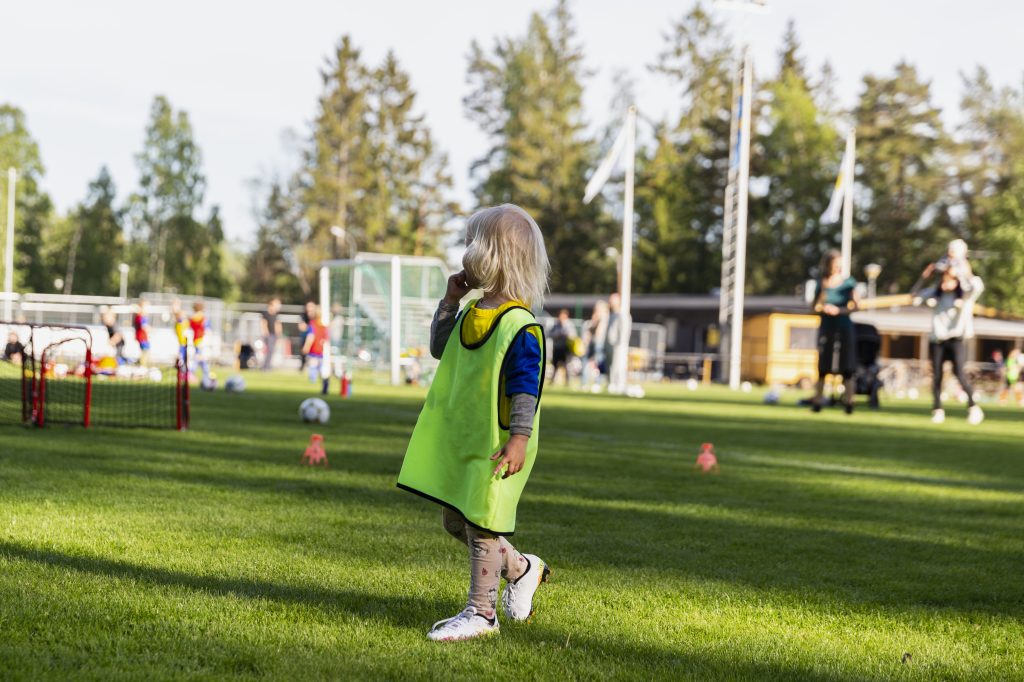The Project
A new methodology
The overall aim of the Pinball project is to find a new methodology to develop an online training course and to realize guidelines that football associations and national institutions can follow to address, prevent and tackle bullying within football.
We use the definition of bullying as an unwanted, repeated and intentional aggressive behaviour usually among peers that can involve a real or perceived power imbalance (Pinheiro, 2006). Bullying may include physical violence, sexual violence, threats, teasing, social exclusion or other psychological violence. Many studies suggest that bullying in adolescence and childhood has very serious long-term effects on young adults’ mental health.
For most children, football is associated with joy and community, but unfortunately this is not the case for everyone. Some children go to their sporting activity with fear and anxiety of being exposed. Bullying, ostracism and abuse are a societal challenge, and this means that they also all exist within football. With this project, we want to provide coaches and leaders with skills and tools to ensure an inclusive and safe social environment for children within football in all Europe.
Objectives
Our Goals

1. Eliminate bullying episodes from children’s and adolescents’ football teams
To achieve this aim we will realize activities adapted to players’ age, to be implemented during football training and matches. These activities will be meant to clarify what is bullying and reduce uncertainty about what qualifies as bullying and the role played by prejudice in some bullying episodes. They will also aim at actively promoting anti-bullying norms (also using captains as role models), making players aware of the different roles in bullying episodes and promoting defending behaviour among bystanders. Note that our approach is suited both to (a) fight existing bullying, and (b) prevent bullying episodes.
2. Providing coaches with skills to fight bullying and create a cohesive and supportive football environment
We will conduct transnational and local training trainers, to provide coaches with the awareness and knowledge of the phenomenon, and with the skills to realize and eventually adapt activities prepared for the project; in addition, we will realize a final online course, coupled with guidelines, that can easily spread to coaches of the participating countries and of the 55 football associations (FA’s) associated with UEFA.


3. Promoting a culture based on sport values against bullying in EU
Participating FA’s are committed to change their code of conduct to formally recognize the importance to report cases of bullying within teams, and to formally include the final online course amongst the courses needed to obtain the coach license. Promoting the course as key to fight bullying on the behalf of UEFA Foundation, whose specific mission is educating children and promoting their well-being through football, represents another key institutional support. Such recognition provides strong institutional support to the role of football in fighting bullying, contributing to spread a football and sport culture that rejects bullying.